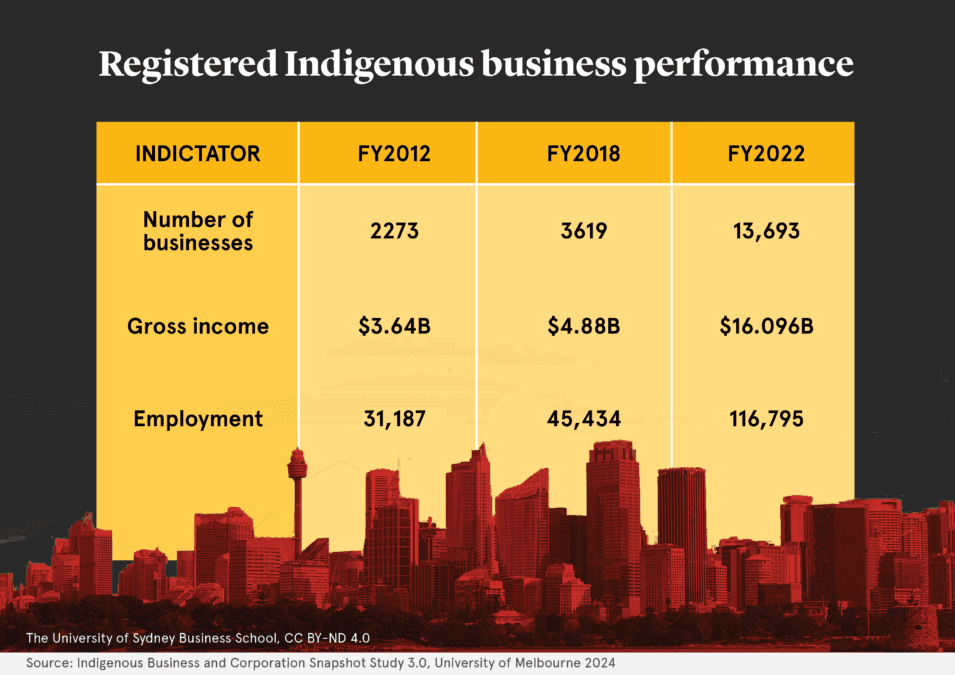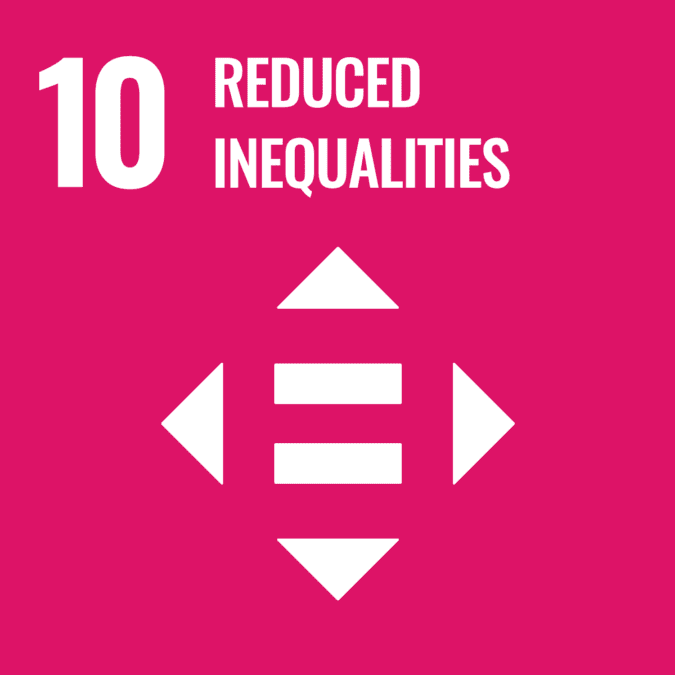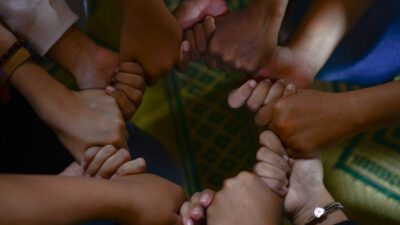
SDGs by 2030 – are we on track?
Purpose not profit is the key to successful Indigenous business ventures
Australia is still a settler-colonial society.
At best the prevailing national mentality is paternalistic. We are locked into a deficit discourse, meaning many Australians don’t actually believe Aboriginal and Torres Strait Islander peoples are capable of devising solutions for their issues. In fact, the evidence shows that when they do, things go well.
SDG 10 calls for the reduction in inequality within and among countries with targets aimed at lifting the income and empowering disadvantaged groups within nations.
My research relates to inequality within Australia. First Nations peoples experience unequal outcomes in relation to life-expectancy, incarceration, infant mortality, and a range of other social and economic outcomes.
I research the co-operative business model that Indigenous communities have used to deliver services and facilities such as banking, childcare, suicide prevention, and housing. The operating model is one where the business is owned by the community which then reaps the benefits of more culturally appropriate and innovative services. Traditional Credit Union (TCU), for example, operates 14 branches in the Northern Territory, employing local Aboriginal and Torres Strait Islander staff to provide secure financial services to their local communities.
Where profits are not the key focus and dividends don’t need to be paid to shareholders, surplus funds can be reinvested back into the business which means cooperative organisations can develop other services – such as the TCU becoming a registered training organisation, allowing it to train community members as bank tellers and other jobs. TCU has won many training awards.
Community based organisations can focus on needs that are unlikely to be of concern to outsiders – such as offering services in local languages. It’s also true they need professional allies who can offer expertise and share knowledge. Indigenous medical services and housing cooperatives offer culturally appropriate services and have also benefited from expert training from people outside of the community on legal issues that apply to all businesses in those sectors.

Globally there has been no progress on this goal. Inequality increases. We have a new category of Australians: ‘the working poor’. Home affordability and homelessness is a national crisis. For Aboriginal and Torres Strait Islander people progress has been glacial, and targets for some measures, including mental health and incarceration for example, are worse. However, we do know that when Aboriginal and Torres Strait Islander people can determine, design, and implement the solutions to their community challenges, progress is made and culture is honoured.
My call to action around these SDG targets is to non-Indigenous people – how can we become effective allies in assisting First Nations’ organisations tackle their challenges? Can our business schools do more research and teaching on cooperative business models, and train more students in alternative forms of enterprises? What role can we play to support Indigenous organisations to “deliver services to their people, in their own places, on their own country”?

Sustainable Development Goal (SDG) targets addressed:
Target 10.1 By 2030, progressively achieve and sustain income growth of the bottom 40 per cent of the population at a rate higher than the national average
Target 10.2 By 2030, empower and promote the social, economic and political inclusion of all, irrespective of age, sex, disability, race, ethnicity, origin, religion or economic or other status
Resources
What role can non-Indigenous Australians play in helping to reduce inequality for Aboriginal and Torres Strait Islander peoples?
Articles
- Cutcher L, Dale K. ‘We’re Not a White Fella Organisation’: Hybridity and friction in the contact zone between local kinship relations and audit culture in an Indigenous organisation. Organization Studies.
- Langton, M. The facts about redneck economic theory. The Saturday Paper, January 27, 2024
Websites
- Indigenous Business Australia
- Dilin Duwa, Indigenous Economic Power Project
- The Uluru Statement
- National Aboriginal Community Controlled Health Organisation
Reports
Leanne is a Professor of Management and Organisation Studies. Leanne’s research explores organisational strategies, discourses, and practices and how they impact equity and inclusion for organisations, the people who work in them and the wider communities in which they are embedded.
Share
We believe in open and honest access to knowledge.
We use a Creative Commons Attribution NoDerivatives licence for our articles and podcasts, so you can republish them for free, online or in print.



